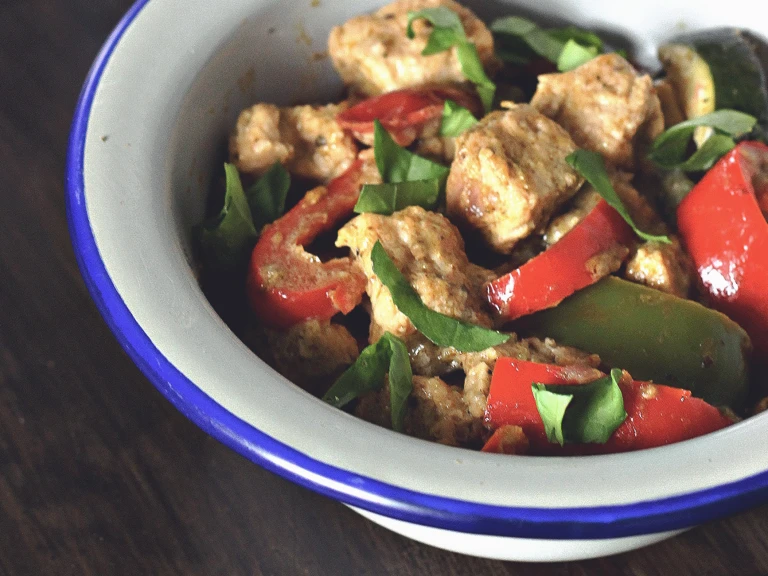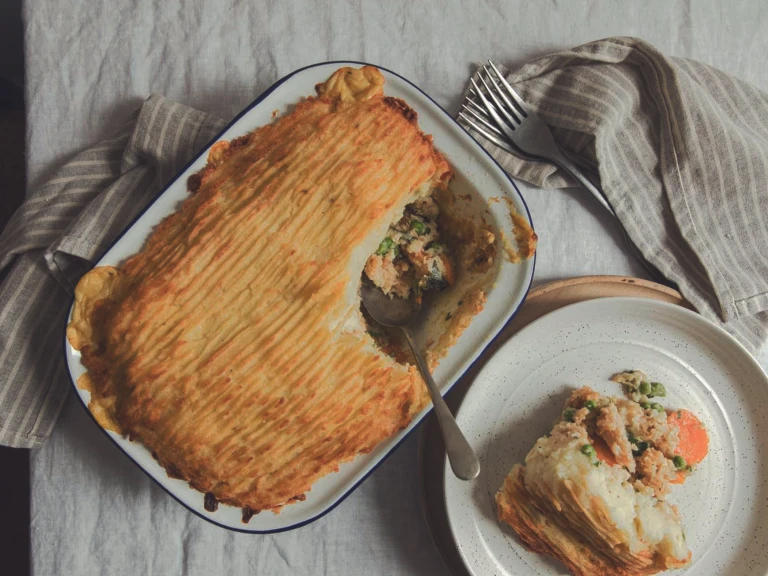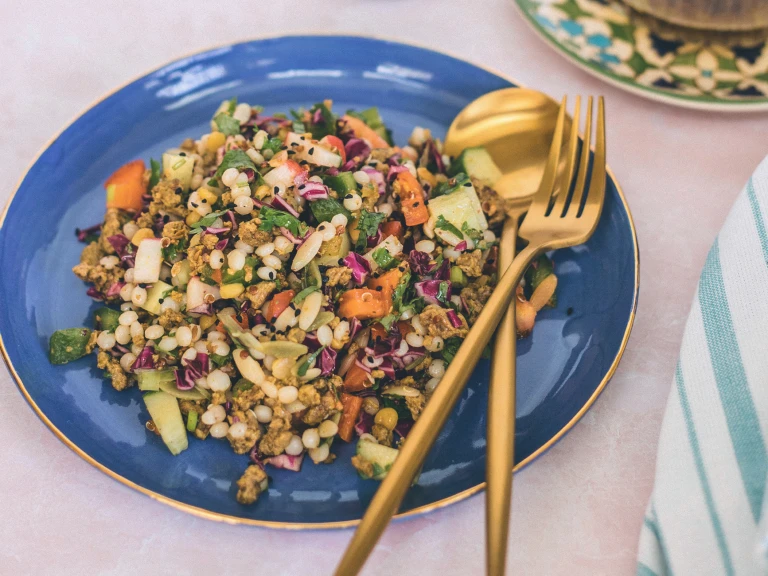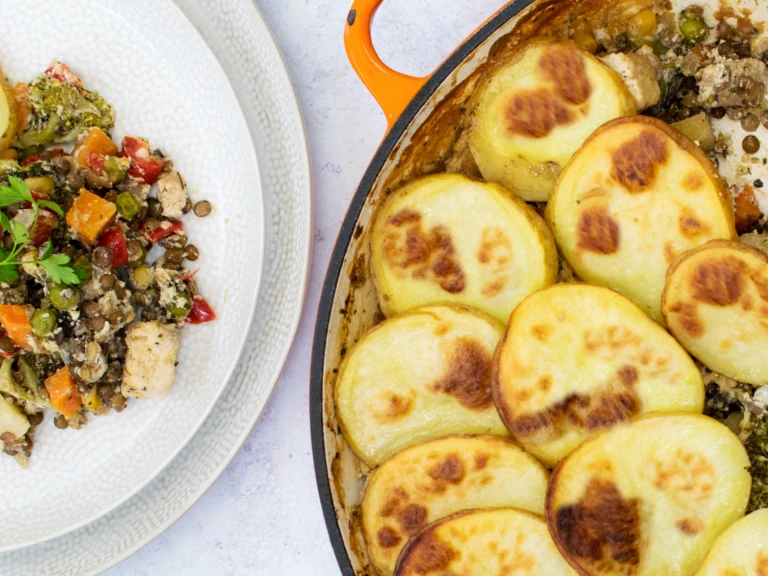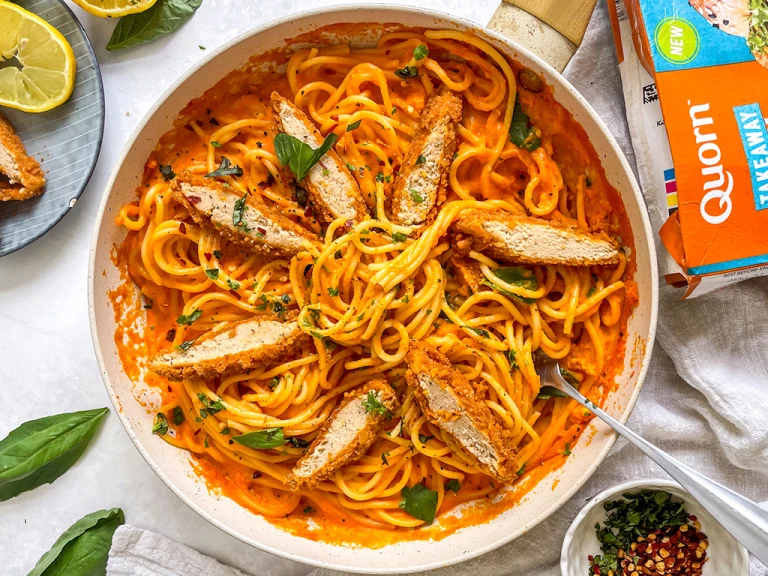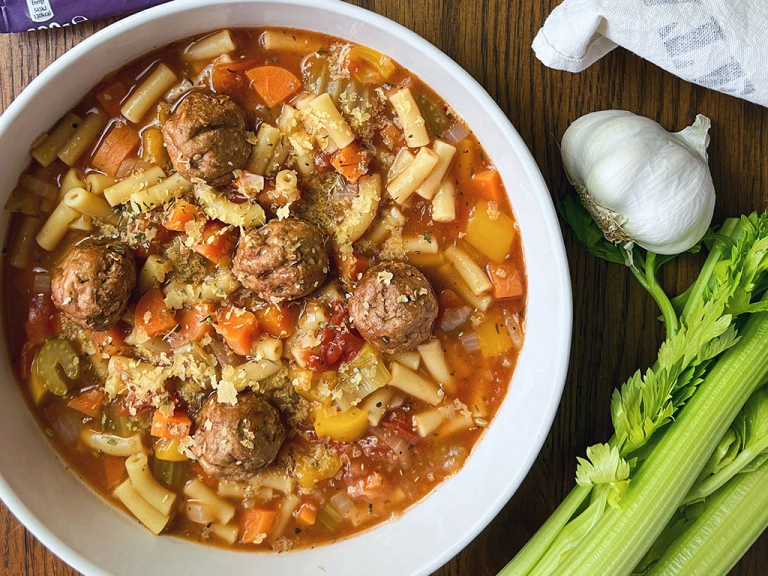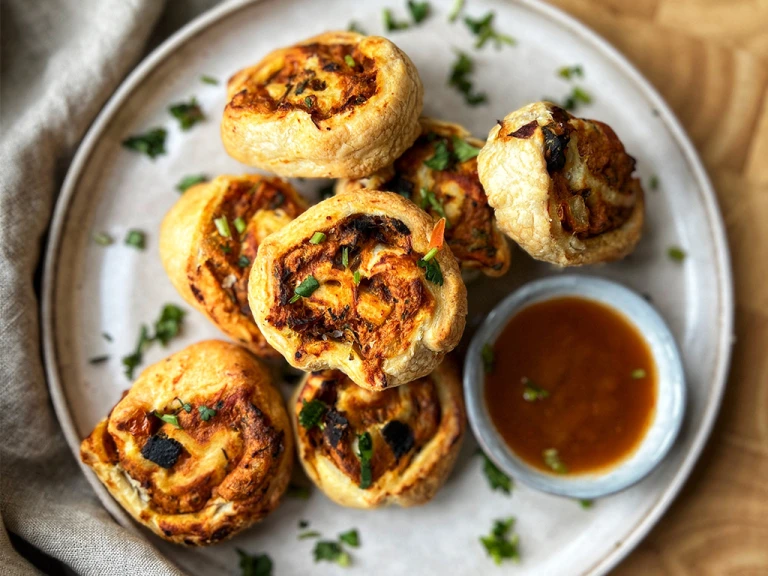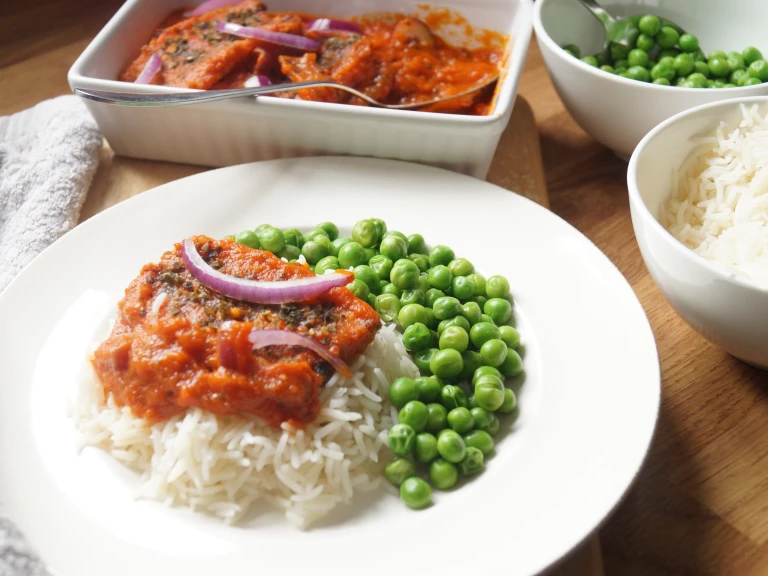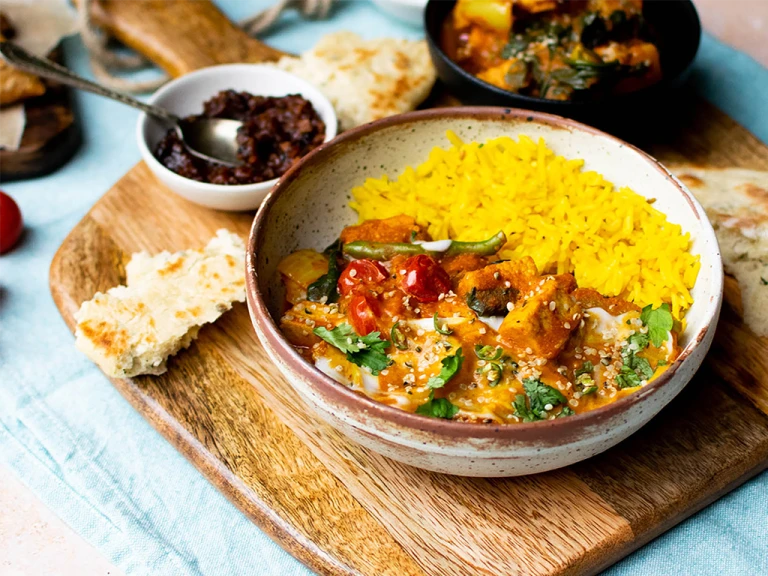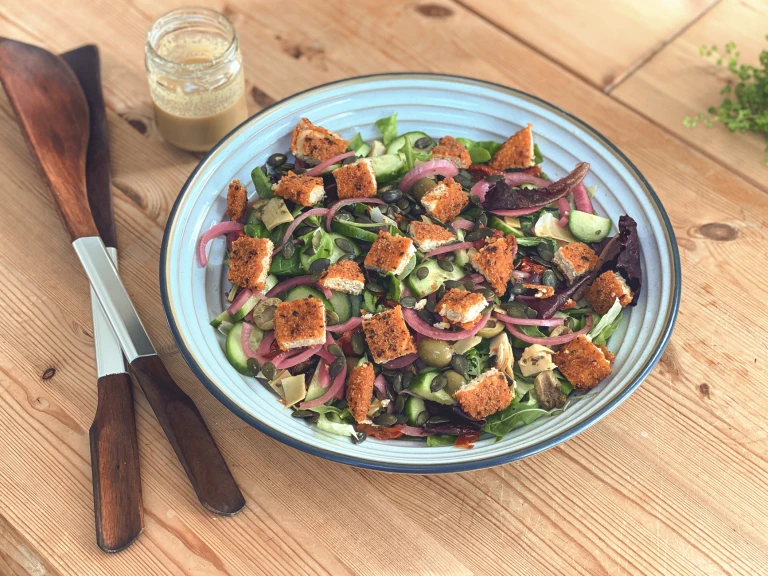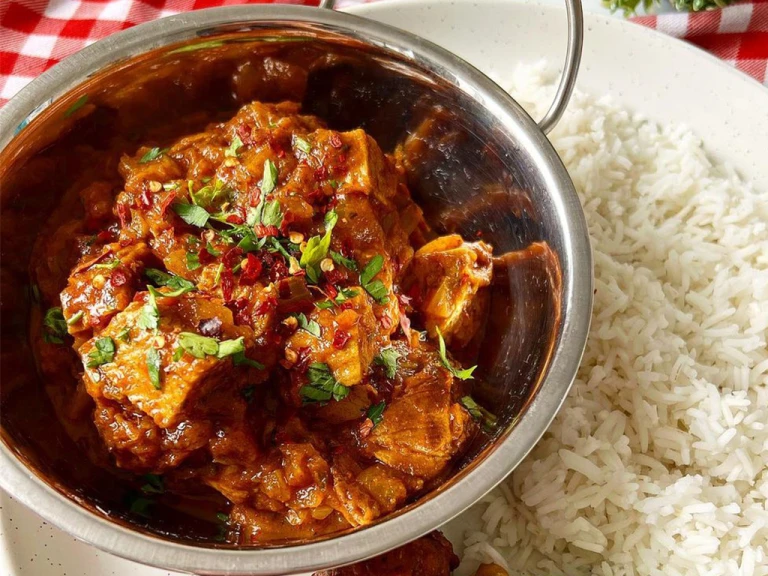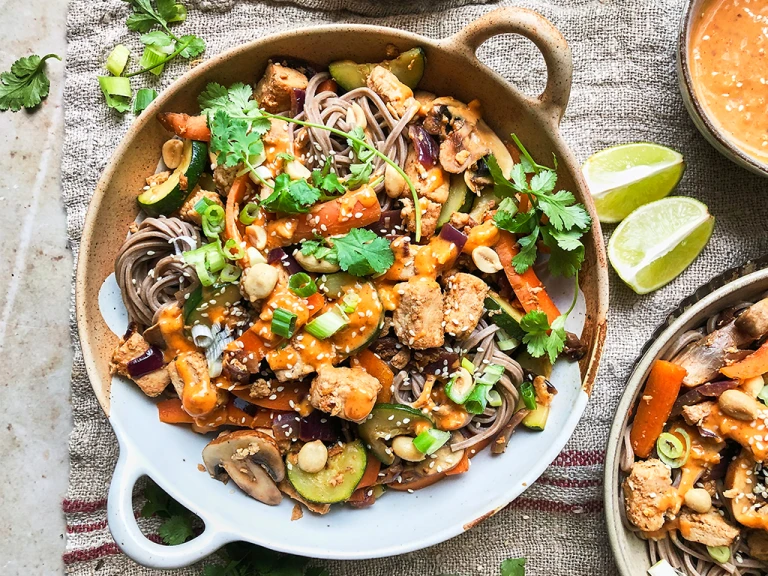
Living A Zero Waste Life With Food Reduction Tips
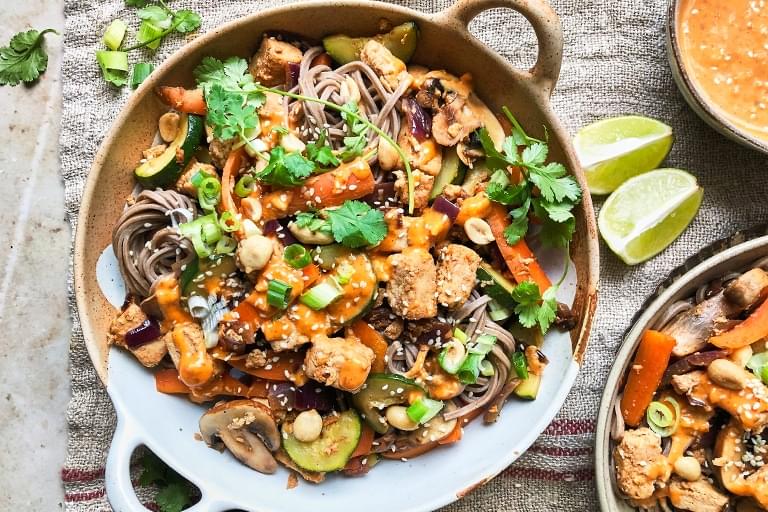
It all started with recycling. We knew that separating our paper and glass could give them new lives and be a little kinder to the planet. Then we learned a little more. We knew that creating so much waste wasn’t good for our world, and we found ways we could help out. Whether it's waste reduction tricks or food reduction tips we have collected various examples on how to add zero waste into your daily life. The canny amongst us composted, the creative found ways to repurpose, and we all considered the food we actually needed, started to buy less, and switched to recyclable bags – all of which, together, has had a positive impact on our planet.
Zero Waste
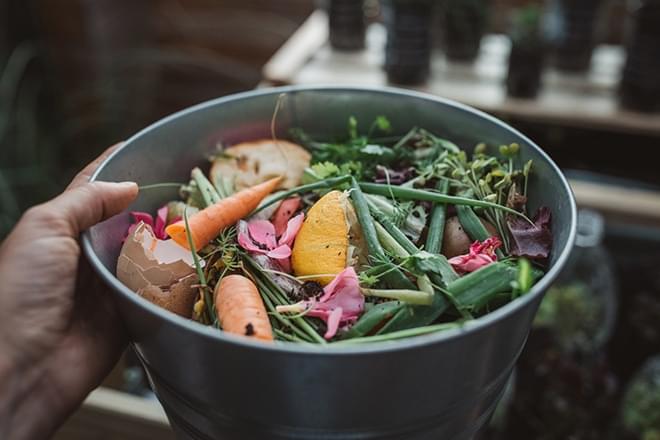
A growing number of people have gone zero waste – that is, they’ve reduced the amount of waste they produce to as close to nothing as possible, and there are a number of ways you can follow in their footsteps at home.
Just in the kitchen, there are a number of ways you can begin your own zero waste journey. Carrots still have their tops attached? Don’t toss them – they’ll make the base of a zesty pesto. Discovered a tin of chickpeas at the back of the pantry? Turn them into hummus, make them the base of a stew, or crisp them up in the stove for a kid-friendly snack! Even onion skins can be saved for vegetable stock or roasted and pulverised for an unconventional condiment.
The possibilities are endless when you consider that what might have been waste can be the start of a great meal.
Other ways to cut down waste
Still hungry for more ways to go zero waste? From some simple meal-planning to savvier food shopping habits, here's how you can cut down your family's food waste – and make your home a little greener – starting today:
Master the meal plan
At the beginning of each week, plan out what you’ll be eating for the next few days – and stick to it. When you go to shop, you’ll be conscious of sticking to the plan and not buy too much or too little – everything you purchase is sure to be used up by the end of the week. And remember to bring your reusable shopping and produce bags when you shop!
Look for products with less packaging
Minimise your consumption of plastics by seeking out products that use no or minimal packaging. Local greengrocers generally sell vegetables that aren’t in packaging, and independent bakeries often allow you to use your own bags for bread and other baked goods. See what options are available to you locally - you might be pleasantly surprised and even pick up a few zero waste tips!
Recycle or reuse paper products
Get the kids involved – cereal boxes can be a great base for craft projects and and Quorn’s Wondergrains plastic pots can be used to plant seeds or store stationery. Find creative ways to reuse non-plastic packaging or find ways to recycle it responsibly.
Compost your scraps
Check with your local council – they may have a programme where they subsidise your purchase of a compost bin and will collect the contents at a scheduled time. If you’ve got vegetable scraps you just can’t find any other use for, they can go in the compost bin to be collected for a second life providing nutrients to new, growing vegetables.
